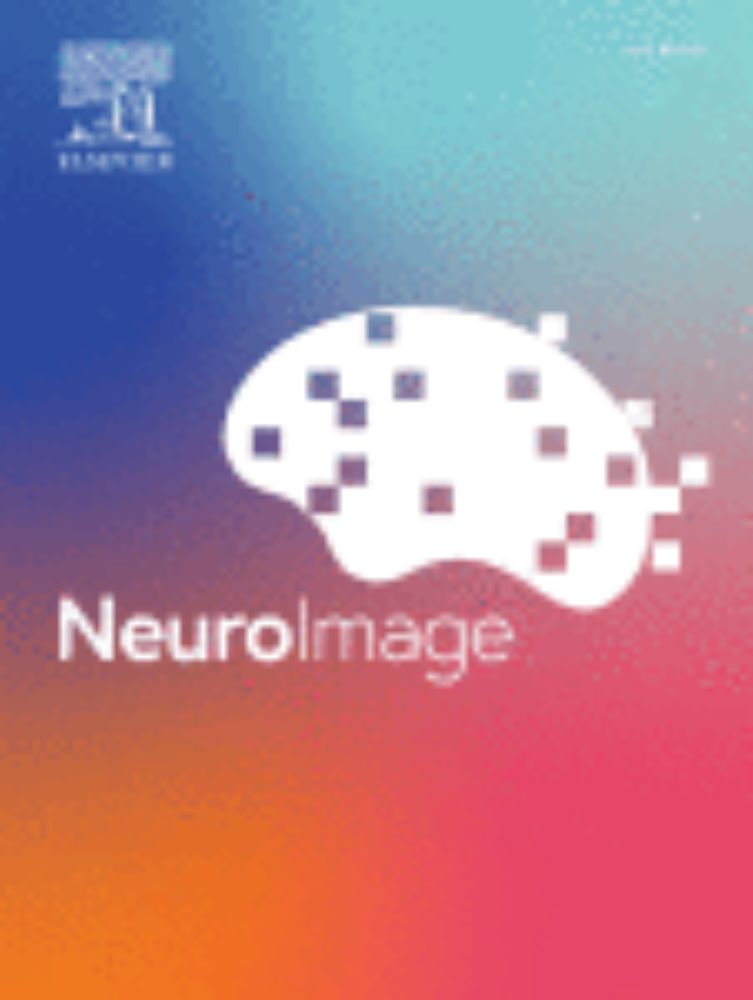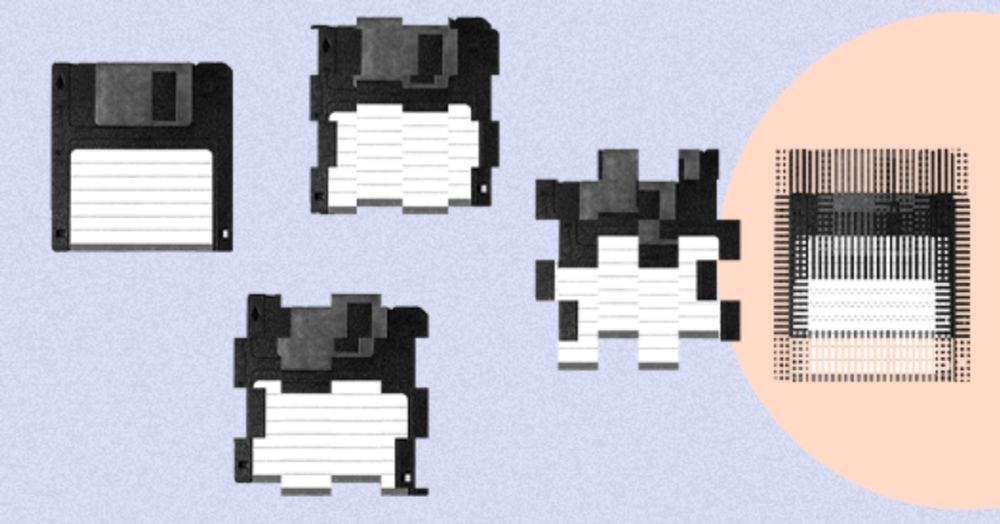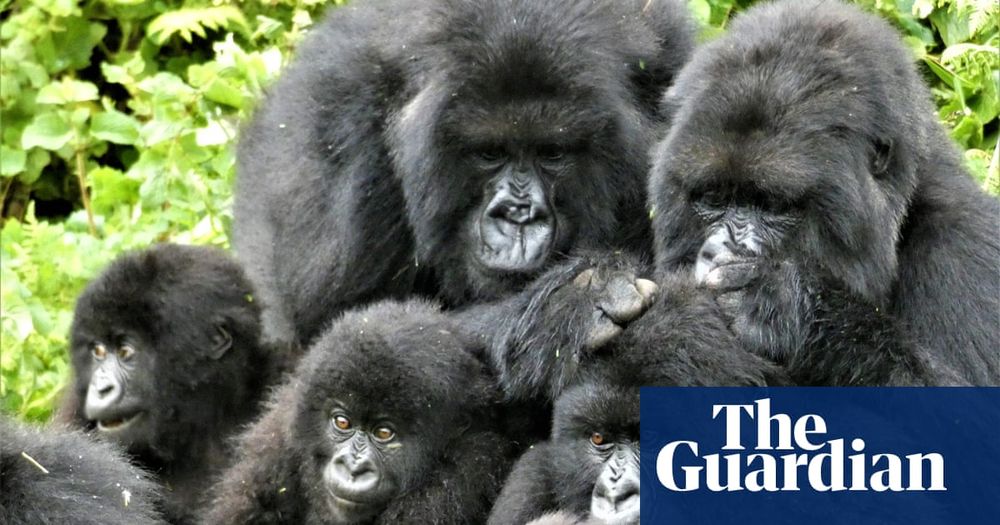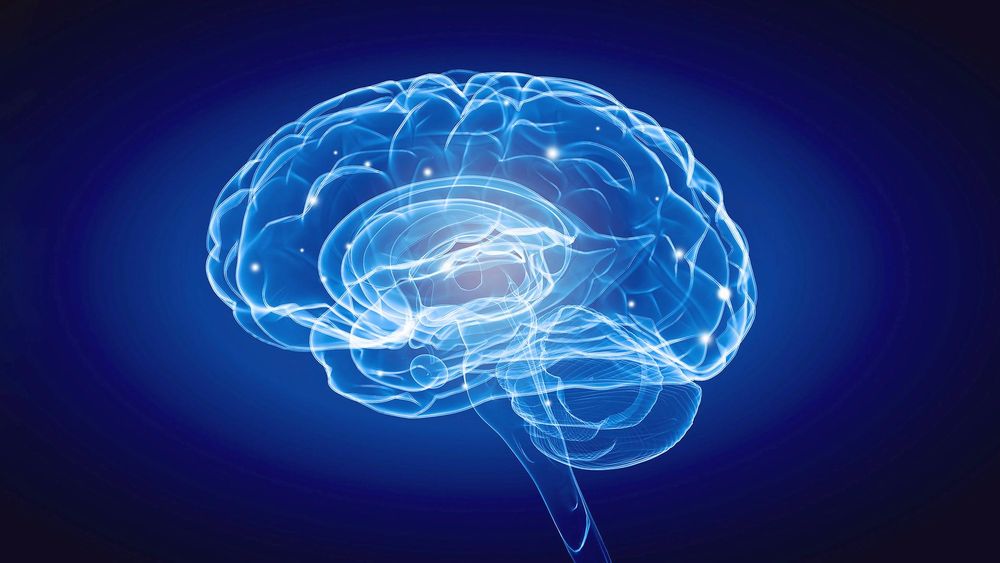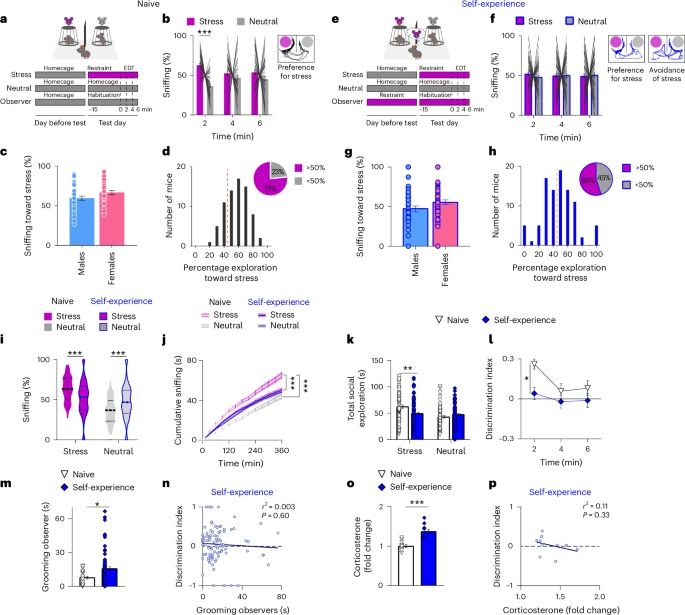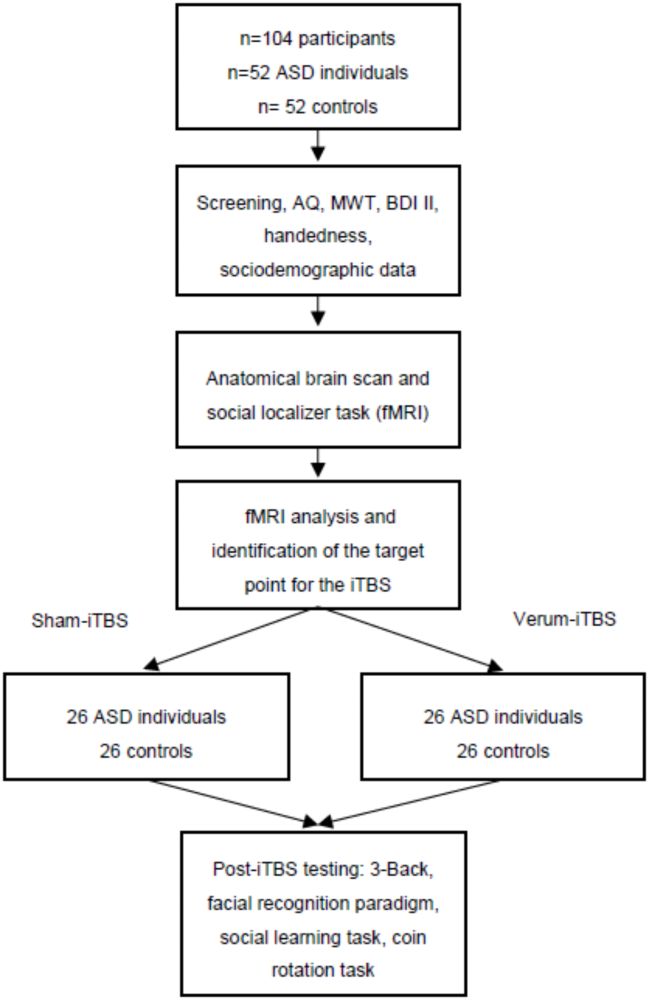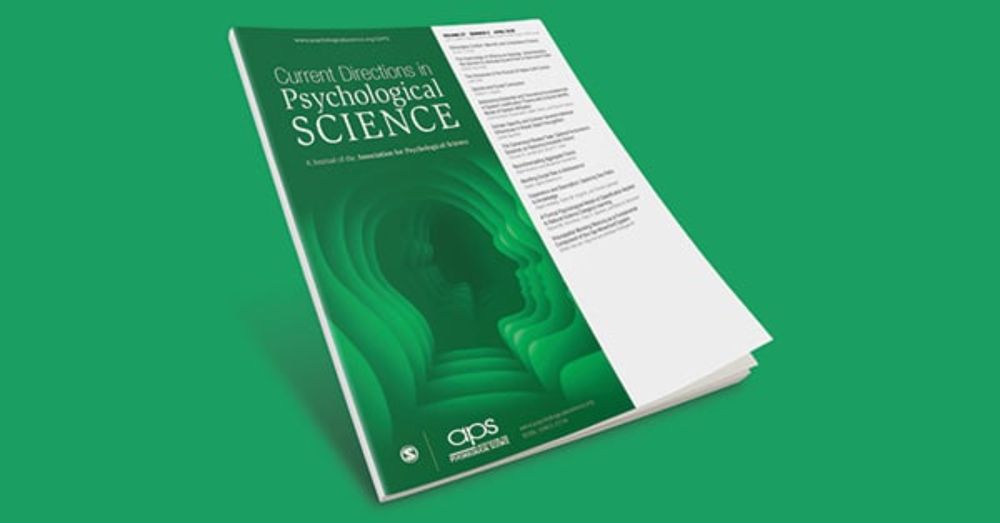
Excited to see this work published in @natcomms.nature.com! 🧠📊 In-vivo evidence of E/I alterations underlying functional changes in individuals with autism in the large ABIDE1 dataset AND replication in the independent ABIDE2 dataset.
17.09.2025 12:27 —
👍 10
🔁 3
💬 1
📌 0

Abstract
Oxytocin is a neuropeptide that has historically been recognised for its role in childbirth, lactation, and sexual reproduction. Subsequently, research expanded its influence to include social bonding and behaviors, emphasising its role in facilitating interpersonal relationships. More recent studies, however, have revealed its broader influence, extending to non-social behaviors and cognitive processes, underscoring its ability to modulate a diverse array of behavioral and mental functions. This evolving understanding calls for a critical re-evaluation of oxytocin’s classification as a “social” hormone. The Allostatic Theory of Oxytocin, which integrates both psychological and physiological dimensions, provides an alternative framework that accounts for how oxytocin modulates both social and non-social behaviors. At the core of this framework is behavioral flexibility, which is essential for adapting to dynamic environments. In this review, we explore the role of oxytocin in facilitating behavioral and cognitive flexibility using mechanistic, survival, and evolutionary perspectives. Additionally, we focus on the interactions between oxytocin and other signalling systems that influence behavioral flexibility. Collectively, our findings underscore the benefits of reframing oxytocin’s function in behavior within a broader framework that encompasses both social and non-social aspects. This more expansive perspective not only deepens our understanding of oxytocin’s multifaceted roles but also opens avenues for novel research approaches.
I think it's time to retire the idea that oxytocin is exclusively a 'social' hormone.
In our latest preprint, led by @kjerstimw.bsky.social, we argue that oxytocin should be reframed as a behavioral flexibility hormone osf.io/preprints/os...
20.08.2025 19:05 —
👍 35
🔁 14
💬 0
📌 1
Cognitive emotion regulation enhances aversive prediction error activity while reducing emotional responses sciencedirect.com/science/articl…
07.08.2025 11:51 —
👍 3
🔁 1
💬 0
📌 0
Cognitive emotion regulation enhances aversive prediction error activity while reducing emotional responses sciencedirect.com/science/articl…
07.08.2025 11:51 —
👍 3
🔁 1
💬 0
📌 0
Imaging first impressions: Distinct neural processing of verbal and nonverbal social information sciencedirect.com/science/articl…
07.08.2025 11:50 —
👍 2
🔁 1
💬 0
📌 0
Imaging first impressions: Distinct neural processing of verbal and nonverbal social information sciencedirect.com/science/articl…
07.08.2025 11:50 —
👍 2
🔁 1
💬 0
📌 0
Young adolescents with autism show abnormal joint attention network: A gaze contingent fMRI study sciencedirect.com/science/articl…
07.08.2025 11:50 —
👍 4
🔁 1
💬 0
📌 0
Young adolescents with autism show abnormal joint attention network: A gaze contingent fMRI study sciencedirect.com/science/articl…
07.08.2025 11:50 —
👍 4
🔁 1
💬 0
📌 0
ECSU's @nicohinrichs.bsky.social just posted an update on his paper on 'Geometric Hyperscanning of Affect under Active Inference' on Arxiv!
Make sure to check out his collabo. with @mahault.bsky.social @dimitrisbolis.bsky.social Yuyue Jiang, Leonardo Christov-Moore, and @leoschilbach.bsky.social
18.07.2025 04:35 —
👍 16
🔁 6
💬 1
📌 0

Royal Society Publishing Photography Competition | Royal Society
Celebrating the power of photography to communicate science.
The annual Royal Society Publishing Photography Competition is now open for entries – closing date the 15th August. Please share this with your colleagues and students!
royalsociety.org/journals/pub...
06.06.2025 09:46 —
👍 7
🔁 1
💬 0
📌 0

Royal Society Publishing Photography Competition | Royal Society
Celebrating the power of photography to communicate science.
The annual Royal Society Publishing Photography Competition is now open for entries – closing date the 15th August. Please share this with your colleagues and students!
royalsociety.org/journals/pub...
06.06.2025 09:46 —
👍 7
🔁 1
💬 0
📌 0

USA: Kennedy will Publikationen in medizinischen Fachzeitschriften untersagen
Die US-Regierung will Forschern, die öffentliche Gelder erhalten, das Publizieren in führenden Medizinjournalen verbieten. Wissenschaftler sind entsetzt.
“Robert F. Kennedy Jr. verkündete, dass er Wissenschaftlern, die öffentliche Forschungsgelder erhalten, verbieten will, in den führenden medizinischen [Peer-reviewed-]Fachjournalen zu publizieren. Stattdessen will Kennedy eigene Fachzeitschriften herausgeben”
www.sueddeutsche.de/wissen/us-re...
31.05.2025 13:20 —
👍 34
🔁 17
💬 4
📌 2
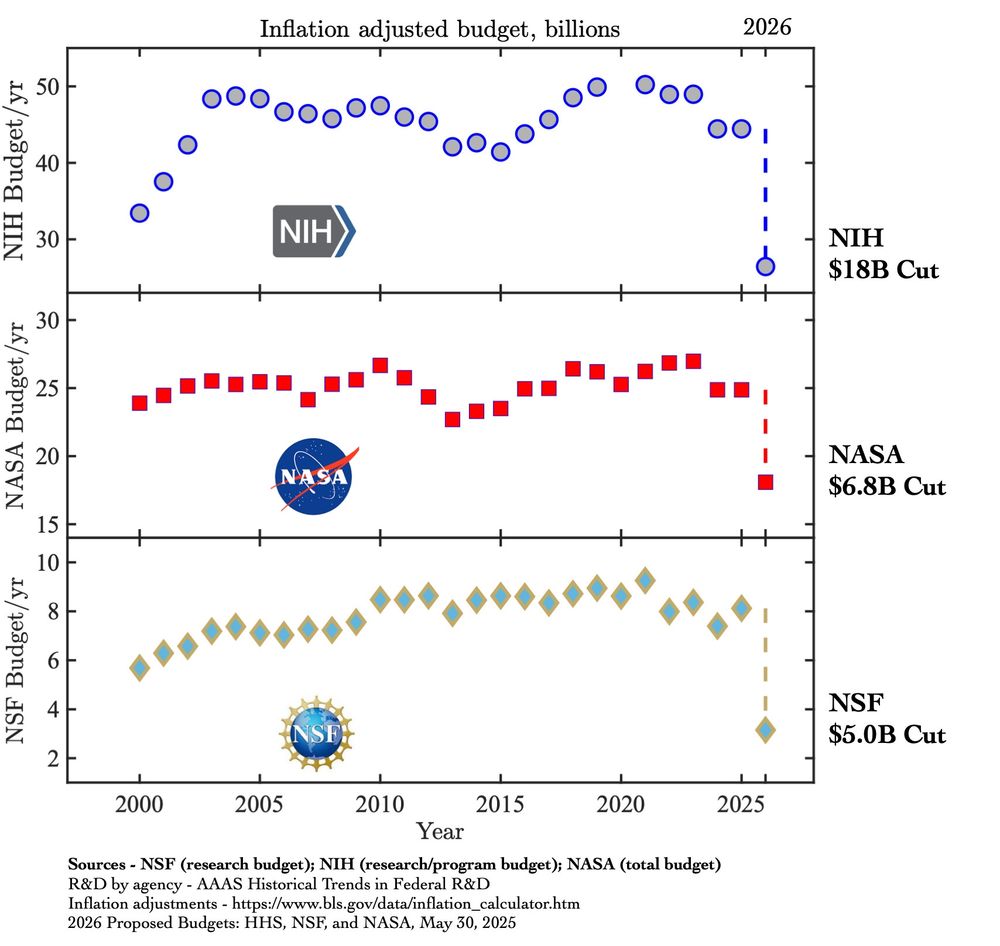
Graphs showing 25 years of budgets for the National Institute of Health, NASA, and the NSF. In all cases, the proposed budget for next year is far, far below any year of the previous quarter century.
There are 2 previous historical cases of countries destroying their science and universities, crippling them for decades: Lysenkoism in the USSR and Nazi Germany. The Trump administration will be the 3rd.
It's not just budgets but research, institutions, expertise, and training the next generation.
31.05.2025 04:43 —
👍 15228
🔁 7878
💬 454
📌 530
"Science is an investment.
We will put forward a new 500 million package for 2025-2027 to support the best and the brightest researchers and scientists from Europe and around the world."
— President @vonderleyen.ec.europa.eu at the ‘Choose Europe for Science' event at La Sorbonne 🇫🇷
05.05.2025 10:16 —
👍 972
🔁 303
💬 35
📌 49
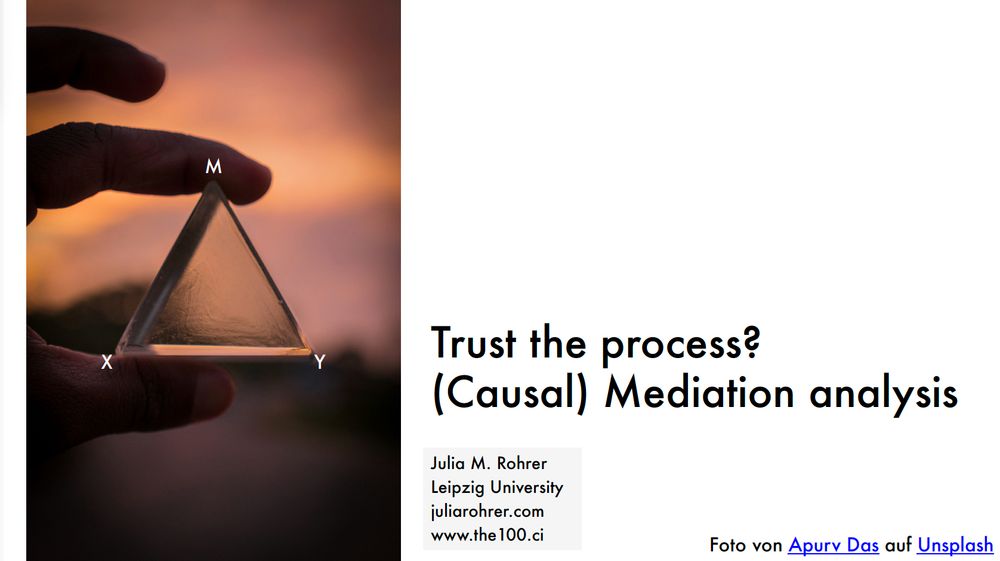
Title slide: Trust the process? (Causal) Mediation analysis
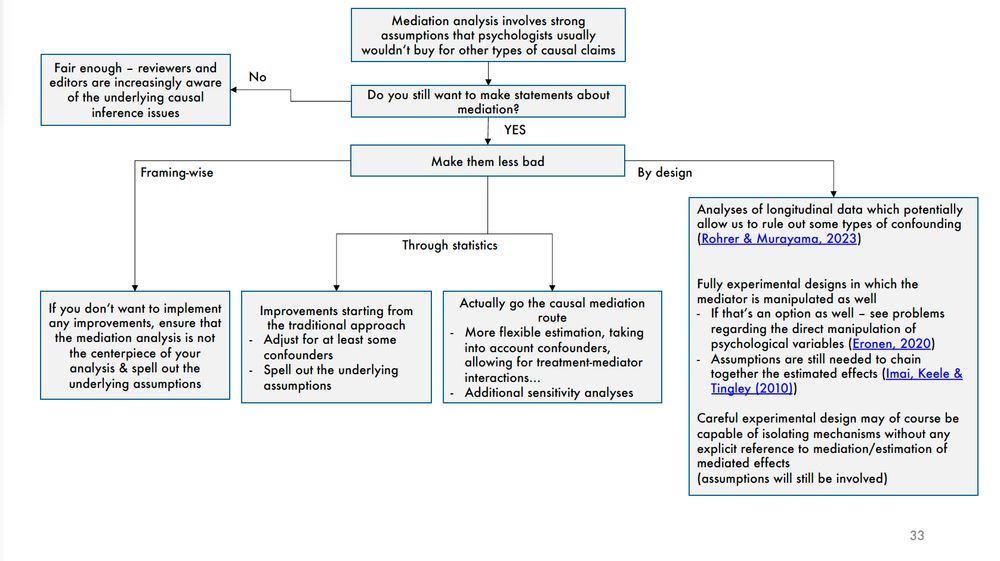
Decision flowchart "So you want to conduct a mediation analysis"
This Thursday I will give a talk on (causal) mediation analysis -- happy to have finally worked out what I want to tell people.
And happy to pilot a new mode of slide sharing: just putting them on my website (juliarohrer.com/resources/)
05.05.2025 10:41 —
👍 147
🔁 33
💬 13
📌 1
Really great stuff. Have you thought about how this might be different for persons with autism?
29.04.2025 18:39 —
👍 1
🔁 0
💬 1
📌 0
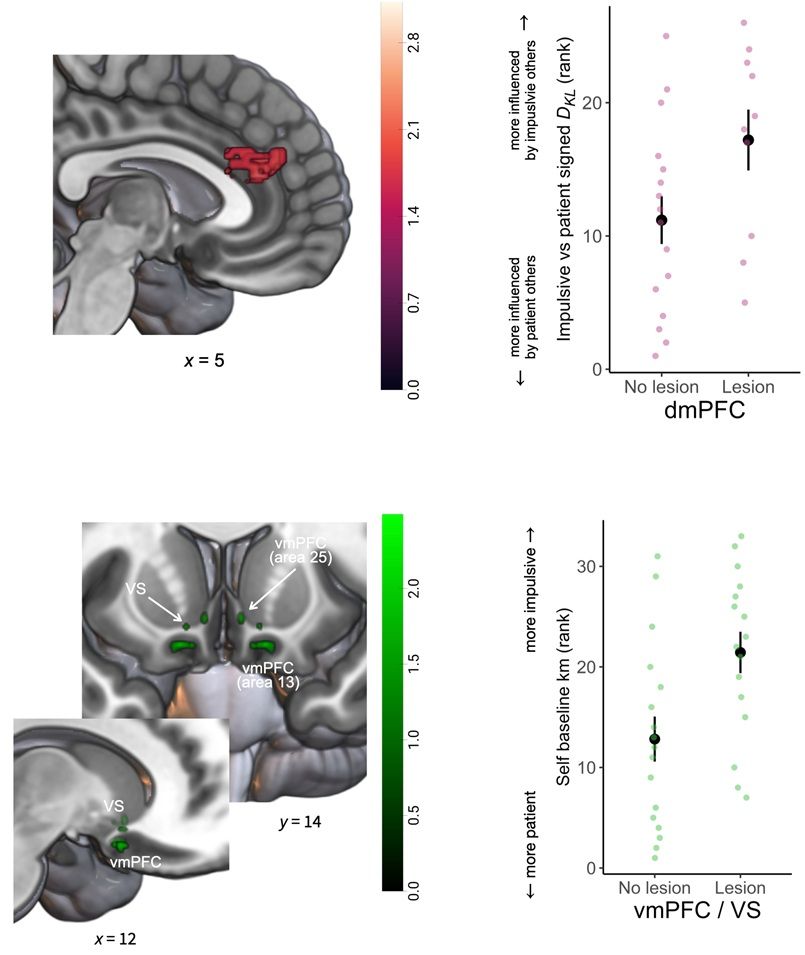
Top: Damage to dmPFC (area 9) enhances susceptibility to impulsive social influence. Left: Permutation-based, whole-brain, nonparametric voxel-based lesion-symptom mapping (VLSM) showed that damage to dorsomedial prefrontal cortex (dmPFC, area 9) was associated with heightened susceptibility to impulsive relative to patient social influence. Right: Plotting the ranked contrasts between susceptibilities to impulsive and patient social influence, separately for participants with damage or no damage in the areas identified by the VLSM analysis. N = 26 for this analysis where data from patient and impulsive was present. Bottom: Damage to vmPFC and ventral striatum increases temporal impulsivity. Left: Permutation-based, whole-brain, nonparametric voxel-based lesion-symptom mapping (VLSM) showed that the areas 13 and 25 in the vmPFC as well as ventral striatum where damage was correlated with increased temporal impulsivity. Right: Plotting the ranked self baseline discounting preferences, separately for participants with damage or no damage in the areas identified by the VLSM analysis (N = 33).
The medial #PFC is involved in economic & social #DecisionMaking in humans. @zhilinsu.bsky.social l @sdnl.bsky.social &co show that dorsal mPFC is causally implicated in susceptibility to social influence, while ventral mPFC is involved in temporal discounting @plosbiology.org 🧪 plos.io/3GwXqQ7
29.04.2025 18:13 —
👍 8
🔁 1
💬 0
📌 0

Soon available at a toy store near you… 😂 Happy Easter everyone!
21.04.2025 19:30 —
👍 5
🔁 1
💬 1
📌 0

Soon available at a toy store near you… 😂 Happy Easter everyone!
21.04.2025 19:30 —
👍 5
🔁 1
💬 1
📌 0
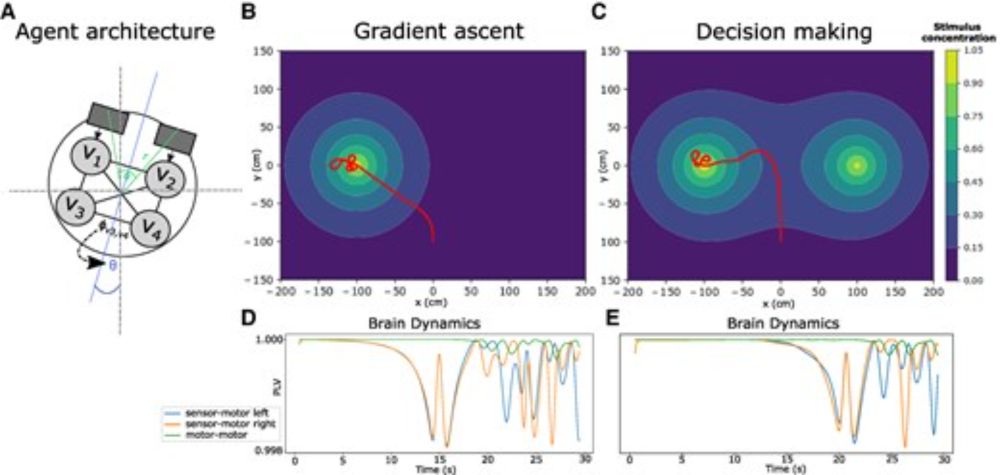
Collective decision making by embodied neural agents
Abstract. Collective decision making using simple social interactions has been studied in many types of multiagent systems, including robot swarms and huma
New paper in @pnasnexus.org: we study how collective decisions emerge via sensorimotor coordination between multiple neuroinspired artificial agents. Successful consensus requires balanced internal neural dynamics, environmental coupling & social interactions. #SocialNeuroAI #Alignment #MultiAgents
14.04.2025 19:12 —
👍 37
🔁 8
💬 0
📌 0



